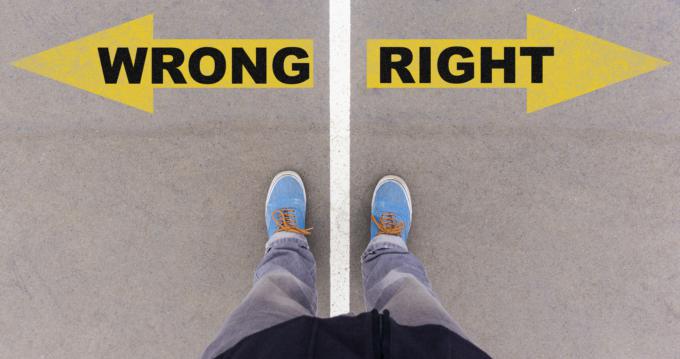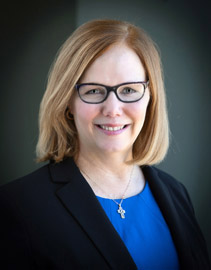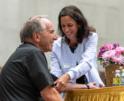
Culture
Our children need skills that will help them find employment, but they need to do all things in a way that will help them to make good decisions, decisions based on the truth of the Gospel and their faith.

Mears
I am very blessed in my role as Superintendent to meet many wonderful students. I meet students who are learning what it means to be a citizen, who are learning how to make good decisions -- decisions based on the truth of the Gospel and their faith. We need our children to be ethical people of integrity and those lessons are taught every day in our schools.
Catholic schools play a major role in educating and forming the character of our children. Across the Archdiocese of Boston, we're taking this critical responsibility to a new level by preparing our students for the unique challenges of the 21st century. Building on our Catholic intellectual tradition, we're teaching young people to be caring and capable, to assume a productive role in society and to pursue excellence in all they do. Like my niece's Catholic school, we are teaching our students to seek the truth and to know the God who loves them.
How do we accomplish the task of developing saints and scholars? We provide opportunities for our students to fully participate in their learning. From our youngest students in our early education classrooms to our high school seniors, our students are asked to think critically, solve problems and to create. We ask them to communicate in a variety of ways and we ask them to collaborate and work together.
The evidence of learning that our students exhibit is growing! We have 4-year-old students who know about counting and adding one or two more, using building blocks and number cubes. We have Kindergarten students who are busy coding their robots to do simple tasks. During a recent visit to South Boston Catholic Academy, I saw students who had created communities to learn how towns organize themselves. I have visited classrooms who have virtually visited the Holy Land. And I have also seen students work through math problems that required them to measure, think, add, subtract, and divide to come up with an answer, and then I listened as they explained their work to me and others in the room.
Our schools are providing these learning opportunities because our students need to develop these skills. In an informational society, students need to have strong communication and critical thinking skills. They also need to know how to listen and work with others. These are skills that will serve them well when they do find their vocations.
There has been much written about the need for our students to have specific skills in order to find their place in the workforce and many parents are concerned about their children's employment futures. I understand those concerns. I wanted my children to be gainfully employed! But we must understand that is not the only reason for an education. We want our children to seek truth, beauty and goodness, to know that how we treat others matters and that we have an obligation to assist those who are the most vulnerable. An education that only develops skills for employment is not the education that a Catholic school offers.
Our children need skills that will help them find employment, but they need to do all things in a way that will help them to make good decisions, decisions based on the truth of the Gospel and their faith. We need our children to learn these lessons and we teach these things every day in our schools. Our students need to understand that they were created in the image of God.
Pope Benedict XVI said, "Truth draws strength from itself and not from the number of votes in its favor." Because we teach children to seek the truth, we believe that the Catholic school is unique in its ability to help our children to become saints and scholars. Being true to our mission to teach our students the faith, while providing challenging curriculum means that we are strengthening our students for their futures.
Through great Catholic schools in the Archdiocese of Boston, our students learn that they have a responsibility to serve and to assist others. They also learn the skills they need to become a citizen of the world, a citizen who contributes to the common good. Our schools are communities where children thrive. In our school communities we are preparing children for a future career, but just as importantly, we are preparing them to be people of good moral character, people who seek truth, beauty and goodness.
- Kathy Mears is Superintendent of Catholic Schools in the Archdiocese of Boston.
Recent articles in the Culture & Events section
-
Dr. King's visit to Boston and St. John's Seminary 60 years agoViolet Hurst
-
The honor of caring for our priestsKate Marshall
-
Scripture Reflection for April 13, 2025, Palm Sunday of the Lord's PassionDeacon Greg Kandra
-
'Put no trust in princes'Greg Erlandson
-
The power of hopeMichael Reardon























